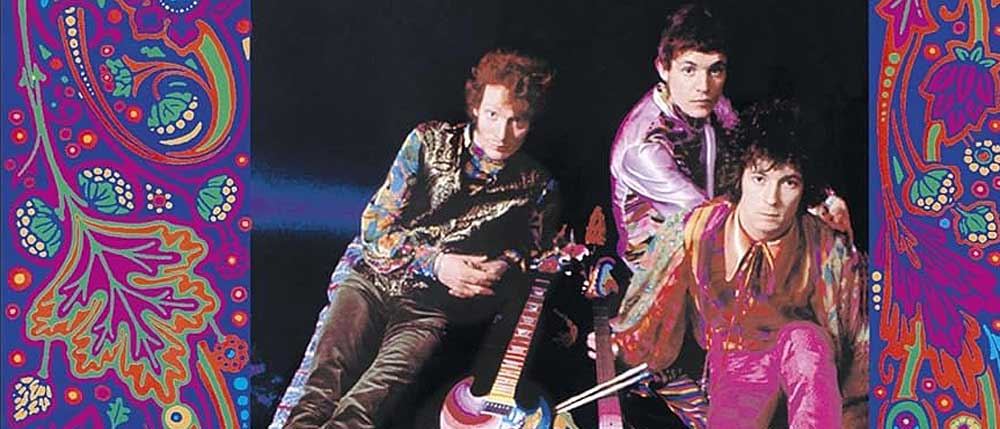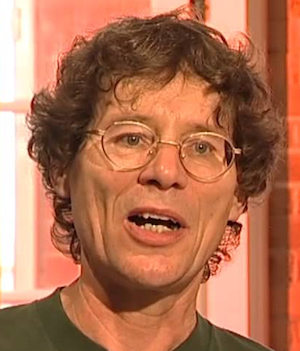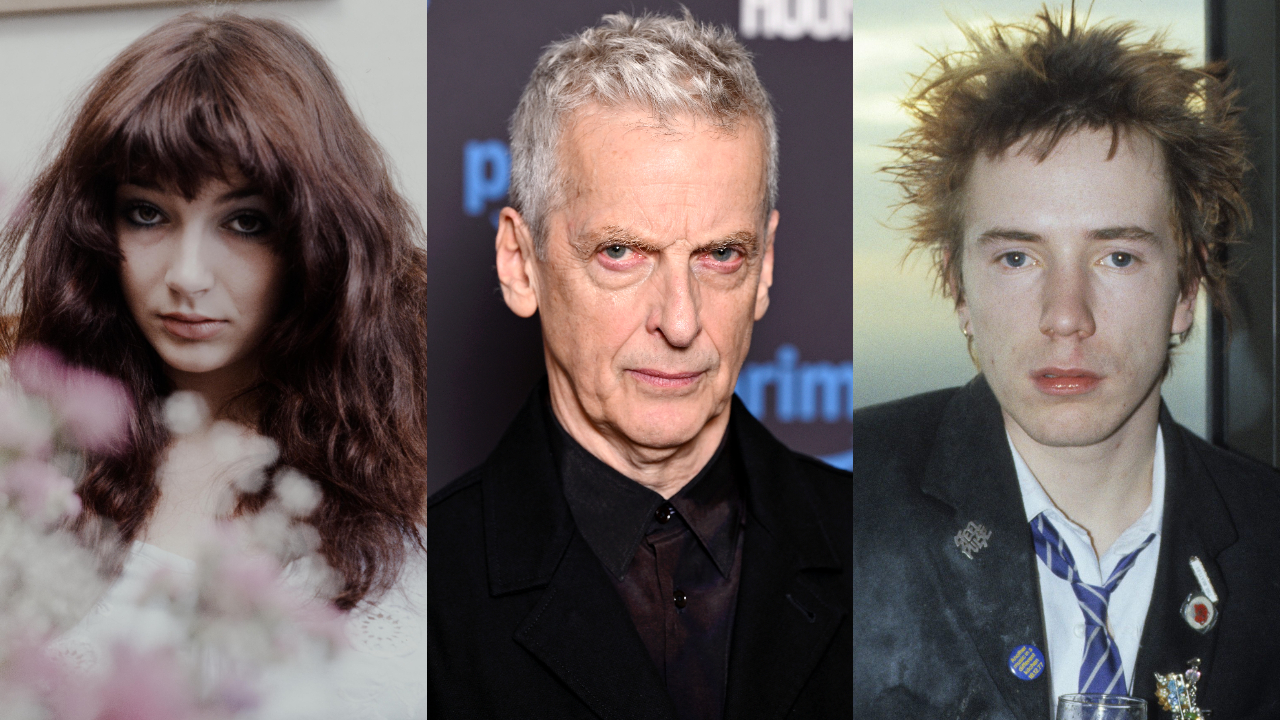You can trust Louder
When Cream played their last concert, at London’s Royal Albert Hall on November 26, 1968, it was their first British gig in 10 months, when they’d played a handful of low-key college gigs to warm up for their second major US tour.
That tour broke the group in every sense; it turned them into the hottest live act in the US and set up their hugely successful Wheels Of Fire album that topped the US charts for four weeks. But it also destroyed the band, as the enmity between Jack Bruce and Ginger Baker that pre-dated Cream flared up again with a vengeance. Meanwhile, Eric Clapton’s head had been turned by The Band’s Music From Big Pink.
By the time Wheels Of Fire came out, Cream were already on a lucrative Farewell Tour of the States and the Royal Albert Hall show was tacked on a few weeks later. From all accounts the band were taken aback by their reception. Clapton even admitted it briefly gave them second thoughts. The two performances they gave that night were pretty good too; not the best they ever played but some way from being the worst, as bootlegs can confirm.
The concert was filmed for the BBC by director Tony Palmer. The first version was screened just a couple of months later, perhaps explaining why the editing seems rushed, the continuity issues – Baker in particular changes clothes several times, sometimes during the same song – as well as bits that are out of sync. Some critics also complained about the psychedelic bubbles that were layered onto the film at times but this appears to have been toned down for this new full-length DVD.
A more serious flaw is the relentless focus on close-ups of the three band members, which helps to emphasise Cream’s musical intensity but becomes wearing after a while, particularly as there are virtually no long shots of the group on stage. Unfortunately this was a fashionable trend at the time; the Woodstock movie suffers from the same problem.
But none of these distractions ultimately gets in the way of Cream’s impact. The film perceptively outlines how they changed rock music. Some of the voiceovers are pretentious but then most of the BBC’s audience at that time would not have known who Cream were – they weren’t on Top Of The Pops and they didn’t have hit singles – so the commentary had to ‘sell’ the band.
The individual interviews may seem quaint now but they are illuminating: Bruce describing JS Bach as “the ultimate bass player”, Clapton demonstrating his “woman tone” and Mr Baker groggily playing his paradiddles having just woken up.
Sign up below to get the latest from Classic Rock, plus exclusive special offers, direct to your inbox!
It’s all backed up by the music, however, the heavy-rock fusion of jazz and blues that was frequently imitated but never bettered. The two-note Spoonful riff that turns into an improvised tour de force, the jagged blues of Sittin’ On Top Of The World and the awesome power they bring to I’m So Glad says it all.
Via Odeon Entertainment
Hugh Fielder has been writing about music for 50 years. Actually 61 if you include the essay he wrote about the Rolling Stones in exchange for taking time off school to see them at the Ipswich Gaumont in 1964. He was news editor of Sounds magazine from 1975 to 1992 and editor of Tower Records Top magazine from 1992 to 2001. Since then he has been freelance. He has interviewed the great, the good and the not so good and written books about some of them. His favourite possession is a piece of columnar basalt he brought back from Iceland.


